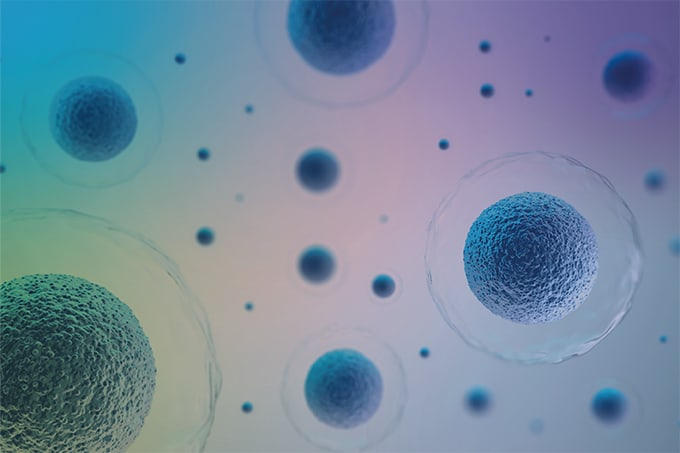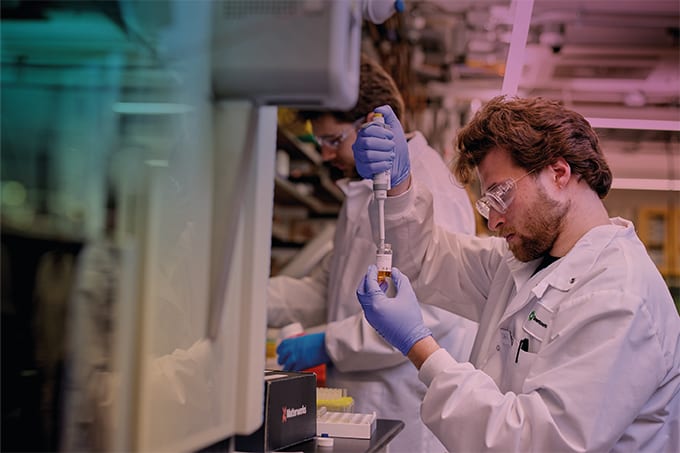In fairness, it’s only been four years since Emily and Rob’s predictions – but, here and there, I’m starting to experience a little déjà vu. At the highly successful HPLC 2017 meeting in Prague, for example, I thoroughly enjoyed my conversation with the PharmaFluidics team, which is promising a “silicon revolution in chromatography” with µPAC technology. The new nano-LC “column” is essentially a microchip device that is manufactured using lithographic micromachining techniques – much like those used in the electronics industry – and is the commercialized result of the work from Gert Desmet’s group at the Free University of Brussels. I was shown a whole silicon wafer on which the array of perfectly ordered microcolumns existed and it looked distinctly... futuristic. In particular, I was intrigued by how smart electronics and separation science suddenly looked far more compatible. (And I secretly wondered if Alphabet Inc. or any other technology giants had already made surprise visits to Belgium). How disruptive will the technology be? Hard to say – but it appears to have all the hallmarks of a game changer. The first iteration of the technology certainly got people talking. And it’s only early days; the PharmaFluidics team appears to have big plans, the right ideas, and a few tricks up its sleeves... Expect an article exploring the technology and expectations very soon.
Funnily enough, on chatting with Emily Hilder (now aptly the Director of the Future Industries Institute at the University of South Australia) during the coffee break, she reached for her smart device, ‘Googled’ the PharmaFluidics homepage, and tapped “About” for another dose of déjà vu: “In a visionary contribution to [The Analytical Scientist] on the future of chromatography, Hilder and Shellie postulated in 2013 that the next wave of separation technology will be smaller, faster and smarter. At that time, the PharmaFluidics team was working hard to prepare for the introduction of a revolutionary technology for liquid chromatography. One year later, seed investment funds were secured [...]” But that’s just one flavor of the future. Imagine my delight when I read the thought-provoking contributions to “Upping the (Analytical) Ante”, which mentions several further tantalizing tastes: micro fabricated GC-HPMS systems, the integration of separations and sensors in disposable microfluidic microtiter plates, credit card-sized GC, and the disruptive potential of SLIM for ion mobility spectrometry. The future looks fascinating. But the present isn’t a bad place to be either...
Rich Whitworth Content Director





